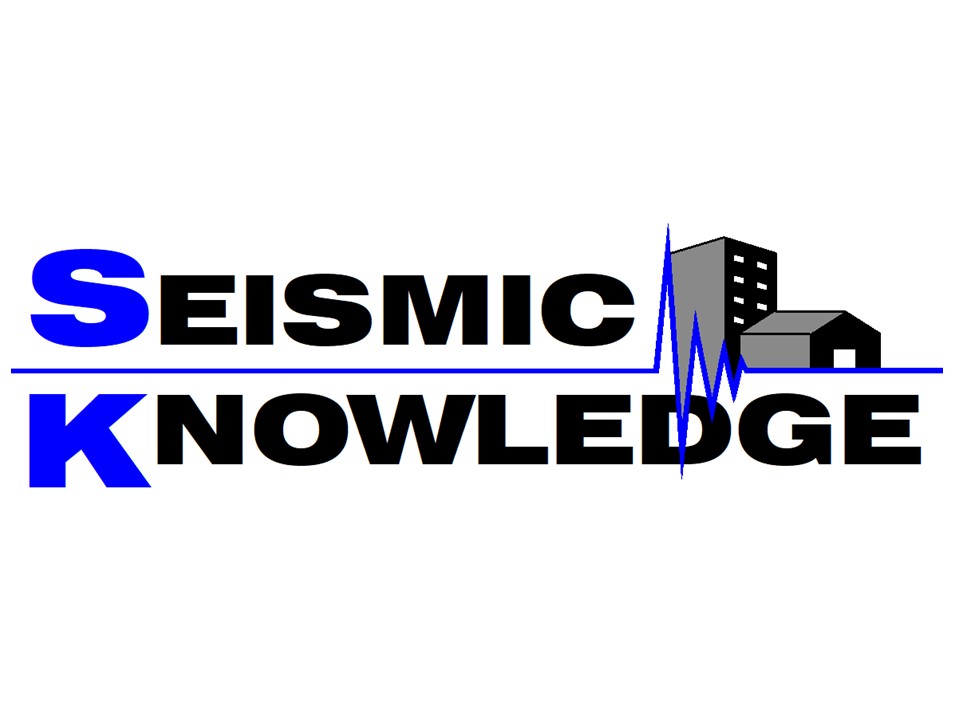
There are certain regions of the world with high seismic and volcanic activity, such as Japan, Indonesia and China on the Asian continent, as well as the so-called “Pacific Fire Ring” in the American continent. Earthquakes and other natural events such as volcanic eruptions threaten the safety of buildings, works and other infrastructures. Since it is impossible to predict the location and intensity of earthquakes, most of the human victims are due to the collapse of buildings.
The environment already built is the most important industrial sector, not only in economic terms, but also environmental and social. Inside the buildings that carry out the main social and economic activities is where the populations spend the majority of their life, therefore it is important a fundamental effective prevention based especially on constructions that allow to maintain good levels of performance along of its useful life. On the other hand, older buildings, predominantly characterized by low energy performance and seismic vulnerability, usually require renovation measures. In this perspective, Europe has developed various initiatives and strategies aimed at making the construction sector one of the most competitive and innovative, focusing essentially on the pursuit of environmental and energy objectives in accordance with the European 2020 Strategy and the Europe Agreement 2050 , in order to guarantee the safety of buildings under normal conditions, and in the occurrence of exceptional events such as earthquakes.
To mitigate the effects of earthquakes, it is important to understand the structural behavior of buildings and other infrastructures and their future behavior, as well as to know the latest scientific and technological developments, and innovative methodologies to improve safety and resilience of the buildings, increasing the life expectancy of the populations before the occurrence of these events. The three main areas of seismic research are essentially related to three main areas: (i) Monitoring the prediction of the occurrence of earthquakes; (ii) Technologies for more resilient infrastructures; (iii) Solutions to reduce the impact of post-event damages.
SeismicsKnowledge is developed as part of a research project that aims to give some essential information about earthquakes and some of the most recent advances obtained through European research projects and other international studies that developed solutions to improve resistance and the safety of buildings, advanced monitoring techniques and building insulation systems, and allowing a better understanding of the extreme natural phenomena, in this particular case, of earthquakes.

